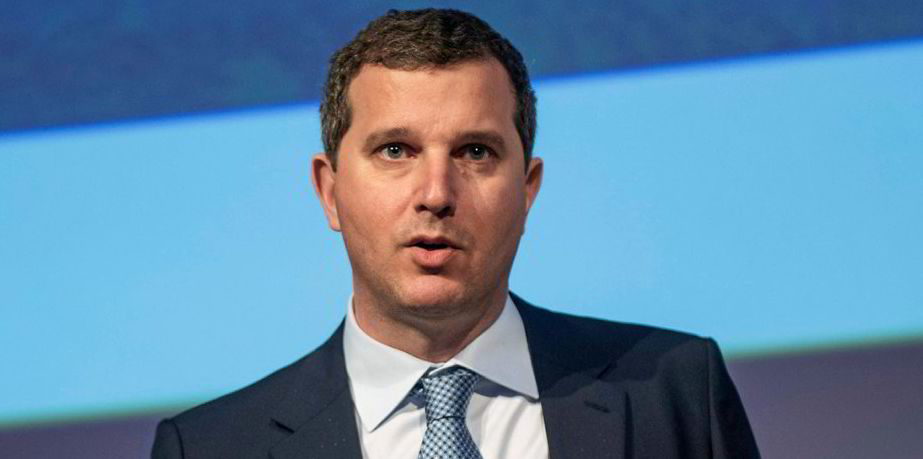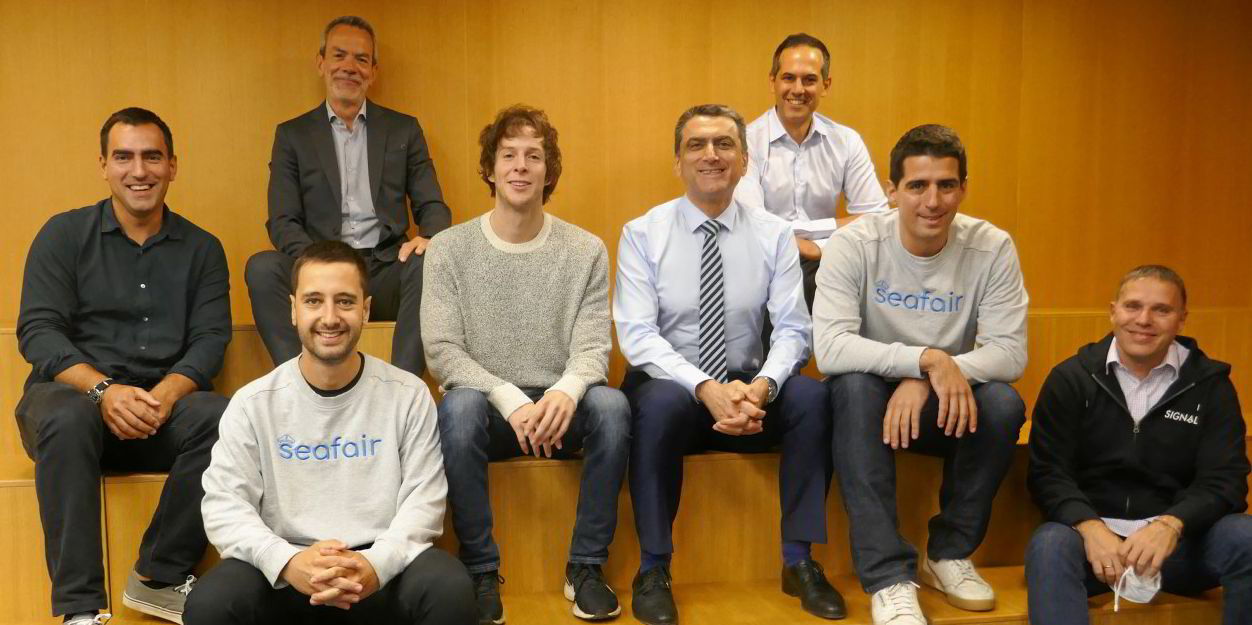Some of the Greek technology firms making headway in global markets were conceived and launched in the middle of their country’s debt crisis, one of the darkest periods in its modern economic history.
“We were very brave to start at this timing,” said Mike Konstantinidis, who co-founded Metis in 2016, when it was still possible that Greece would crash out of Europe’s single currency and maybe slide into anarchy.
However, in adversity, lay opportunity as well. With much of the onshore economy gripped in crisis, recession-proof shipping suddenly looked particularly attractive for young talent.
Another result of economic depression was that wage costs dropped, making it far cheaper to hire talented graduates in Athens than in, say, Hamburg, London or Singapore.
Then coronavirus came, giving the scene another boost. Many shipping firms suddenly found they could not perform ritual processes manually in their offices and required external assistance to help handle them online.
This proved a boon for companies such as Harbor Lab, which launched in March 2020, just as much of the country went into lockdown.
A wall of cash flooding financial markets from global, post-Covid recovery stimulus also prompted venture capital (VC) firms from Greece and abroad to provide liquidity to the scene.
Seafair has won backing from General Catalyst, one of the biggest US-based venture capital firms.
“The most difficult is to get your first funding from a VC,” said Roberto Coustas, whose company DeepSea Technologies won its first such backing in 2019. “Since then, it has been a rocket ship going forward.”
No easy way forward
However, rising interest rates look like putting a dent in the venture capital bonanza, and players predict that financing will become tougher.
“This is something that concerns us,” Byron Antoniadis of Seafair said. “We should make sure that the money that we have raised is spent wisely.”
Other things are getting tougher as well.
With Greece escaping its debt crisis, its comparative cost advantage erodes.
Maritime tech companies have to compete for talent with rival start-ups from reviving onshore business sectors, such as retail and real estate. Such competitors often have stories to tell that first-time market entrants find more familiar or appealing.
“It’s hard to inspire them by saying we’re going to cut port costs by 20%,” Coustas admitted.
This and other bottlenecks may pave the way for synergies. Metis said it is already cooperating with other Greek companies on tenders.
Ioannis Martinos-founded Signal Group is taking a prominent role in such efforts. Through its investment arm, Signal Ventures, it has already invested in Harbor Lab and DeepSea.
In February, the Signal Group announced a cooperation deal to share data with Athens-based MarineTraffic, one of the world’s best-known vessel tracking outfits.
Nikolas Pyrgiotis, vice president of Signal Ventures, said: “When we do investments, the potential synergies of the companies we invest in are always on the top of our minds.
“We try to sort of play a role, try to see if there are opportunities to collaborate with the start-ups that we invest in and data partnerships.”
Konstantinidis concurred: “Joining forces is a must.”




